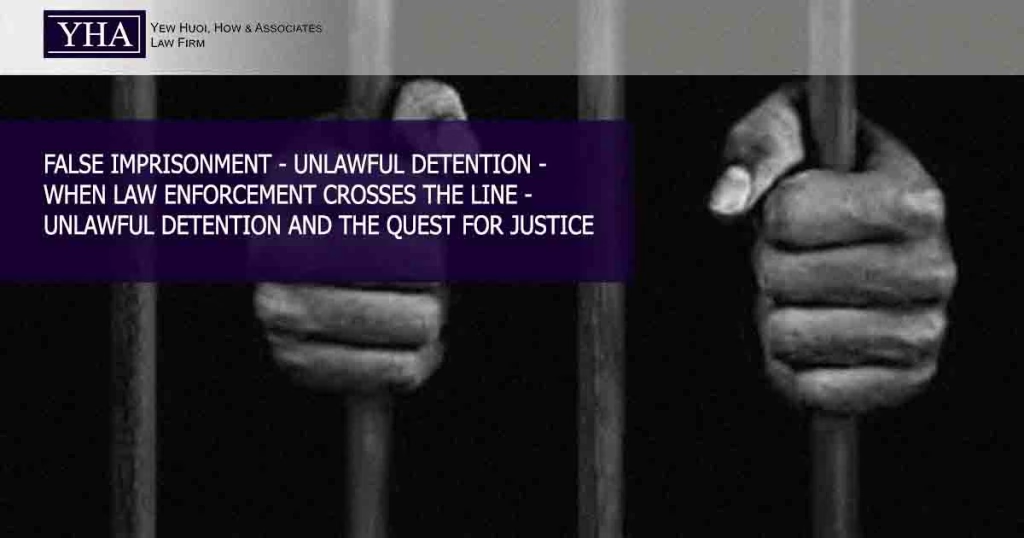Illustrative Scenario
X accompanied his friend, SP4, to the IPK Melaka in connection with an investigation involving a fight with a Police Officer. While waiting, X was unexpectedly taken to the room of the second officer, where he was blindfolded, stripped, and assaulted. He was then remanded for 7 days, which was later extended by another 7 days, despite being hospitalized due to the injuries sustained during the assault. Even after the extended detention, the police investigation found no evidence linking X to any wrongdoing, and no charges were filed against him.
The key issues in this scenario are whether X can sue the officers involved for damages and compensation, and whether X’s detention was unlawful.
Legal Principles & Law
- Section 117 of the Criminal Procedure Code (CPC): Requires that sufficient investigation be carried out before an arrest. An arrest should not be the first step in an investigation unless it occurs during the commission of a crime. There must be reasonable grounds to believe that the accusation is well-founded; mere suspicion is insufficient.
- Section 119 of the CPC: Mandates that a diary of proceedings be maintained during an investigation, which includes:
a) The time at which any order for investigation was received.
b) The times at which the investigation began and ended.
c) A detailed statement of the circumstances uncovered during the investigation.
Application to the Scenario
- Unlawful Detention and Damages:
In this case, the detention of X for 7 days was unlawful. The trial judge failed to adequately consider the evidence and surrounding facts and misapplied the law by dismissing the request for a declaration that X’s detention was unlawful. Consequently, the refusal to award damages was also a misstep.
The court is likely to determine that X’s detention was an abuse of the legal process. As a result, X could be entitled to both general and exemplary damages as compensation for the unlawful detention and mistreatment he endured at the hands of the officers.
Reference Cases
- Public Prosecutor v Audrey Keong Mei Cheng [1997] 3 MLJ 477
- Re The Detention of R Sivarasa & Ors [1996] 3 MLJ 611

